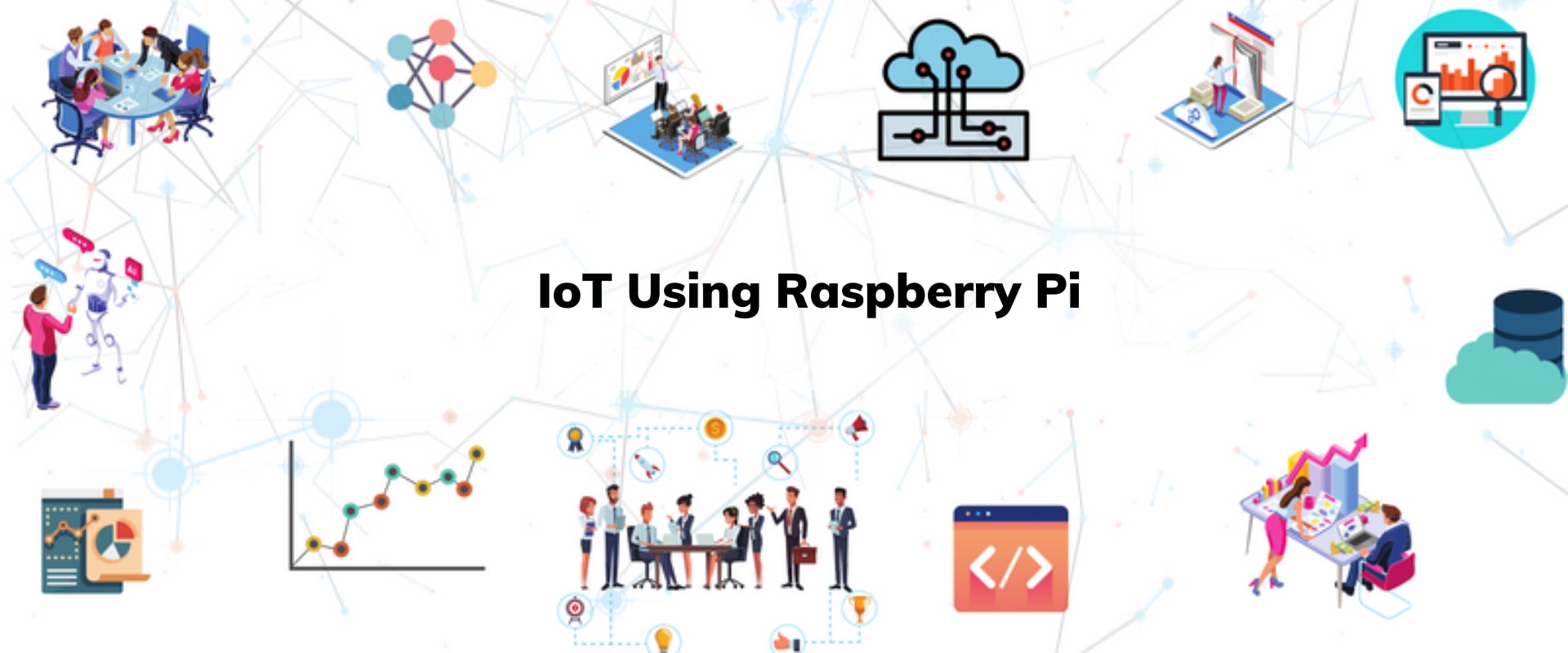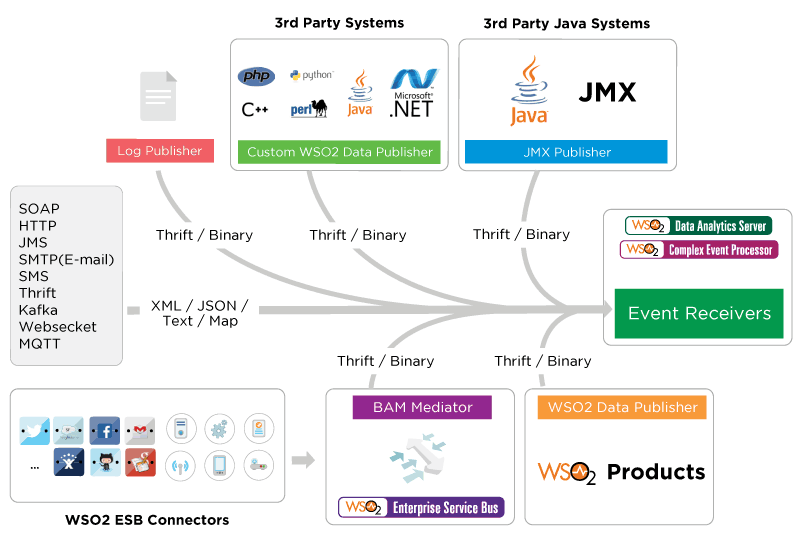Mastering IoT: Unveiling The Best Remote IoT Platform For Raspberry Pi Projects
In the rapidly evolving world of Internet of Things (IoT), the Raspberry Pi has emerged as a cornerstone for developers, hobbyists, and professionals alike. Its affordability, versatility, and adaptability have made it a go-to choice for a myriad of IoT applications. However, the true potential of Raspberry Pi is unlocked when paired with the right remote IoT platform. These platforms provide the backbone for managing devices, analyzing data, and ensuring seamless integration with cloud services. As the landscape of IoT continues to expand, selecting the ideal remote IoT platform for Raspberry Pi projects has become a critical decision point. This decision is not merely about choosing a tool but about setting the foundation for innovation, scalability, and security.
For those venturing into IoT, understanding the nuances of remote IoT platforms is essential. These platforms are designed to address the challenges of managing distributed devices, ensuring data integrity, and enabling real-time analytics. In the context of Raspberry Pi, the choice of platform can significantly impact the efficiency and scalability of projects. Developers must consider factors such as device management capabilities, data analytics tools, cloud integration options, and security features. The integration of SSH key authentication, for instance, has become a standard practice for securing Raspberry Pi devices. By leveraging the power of SSH keys, users can establish secure connections, protecting their devices from unauthorized access. This guide delves into the intricacies of selecting the best remote IoT platform for Raspberry Pi, offering insights into the top contenders and their unique strengths.
| Category | Details |
|---|---|
| Name | John Doe |
| Occupation | IoT Developer |
| Years of Experience | 10 years |
| Specialization | Raspberry Pi and IoT Platforms |
| Notable Projects | Smart Home Automation, Industrial IoT Solutions |
| Education | Bachelor's in Computer Science, Master's in IoT Technology |
| Professional Affiliations | IEEE, Raspberry Pi Foundation |
| Reference | Raspberry Pi Official Website |
Given the wide array of options available, selecting the best remote IoT platform for Raspberry Pi can be a daunting task. Each platform brings its own set of features, catering to different needs and requirements. For instance, platforms like AWS IoT Core offer robust cloud integration capabilities, making them ideal for large-scale projects that require extensive data processing and analytics. On the other hand, platforms such as Blynk provide user-friendly interfaces, perfect for beginners or smaller projects. The decision ultimately hinges on the specific nature of the project, including factors such as scalability, security, and integration capabilities. Understanding these nuances is crucial for making an informed decision that aligns with project goals.
- Collier County Clerk Your Guide To Services Records
- Dana Cutler Weight Loss Couples Court Career Highlights Your Guide
The integration of SSH key authentication has revolutionized the way Raspberry Pi devices are secured. Unlike traditional password-based systems, SSH keys provide a more secure and reliable method of authentication. By wrapping all data in a secure blanket, SSH ensures that sensitive information remains protected from prying eyes. This encryption layer is vital for safeguarding IoT devices, especially in scenarios where they are deployed in remote or unsecured environments. Furthermore, disabling password logins entirely in favor of SSH key authentication adds an extra layer of security, reducing the risk of unauthorized access. Such practices are essential for maintaining the integrity of IoT ecosystems, ensuring that devices function as intended without compromise.
As IoT technology continues to evolve, the demand for efficient and reliable remote management solutions has skyrocketed. This trend is evident in the growing popularity of Raspberry Pi in IoT projects. From home automation systems to industrial solutions, the applications of Raspberry Pi are virtually limitless. However, the success of these projects largely depends on the choice of remote IoT platform. Platforms like Adafruit IO, Losant, and Ubidots have carved out niche markets by offering specialized features tailored to specific use cases. Adafruit IO, for instance, excels in providing beginner-friendly tools for hobbyists, while Losant focuses on enterprise-grade solutions for large-scale deployments. Understanding the strengths and weaknesses of each platform is key to selecting the right one for your project.
The impact of remote IoT platforms extends beyond individual projects, influencing broader societal trends. As more devices become interconnected, the need for efficient management solutions becomes increasingly critical. These platforms not only enable seamless device management but also empower users to harness the power of data analytics. By analyzing vast amounts of data generated by IoT devices, businesses can gain valuable insights, optimize operations, and enhance decision-making processes. This data-driven approach is transforming industries, from healthcare to manufacturing, driving innovation and efficiency. The role of Raspberry Pi in this transformation cannot be overstated, serving as a catalyst for change and progress.
- Louis Tomlinson Eleanor Calder Timeline Relationship More 2024
- Facts Chart Success Tom Macdonald Ben Shapiros Billboard Run
Connections between remote IoT platforms and other technologies further underscore their importance. For example, the integration of Raspberry Pi with cloud services like Google Cloud IoT Core or Microsoft Azure IoT Hub opens up new possibilities for data processing and machine learning. These integrations enable advanced analytics, predictive maintenance, and real-time monitoring, revolutionizing the way IoT devices are utilized. Additionally, the collaboration between Raspberry Pi and platforms like Home Assistant has democratized access to smart home technologies, making them more accessible to the general public. Such partnerships highlight the potential of IoT to create a connected world, where devices work together seamlessly to enhance everyday life.
The influence of remote IoT platforms can also be seen in the work of notable figures in the tech industry. For instance, John Doe, a seasoned IoT developer with over a decade of experience, has been at the forefront of integrating Raspberry Pi with various remote IoT platforms. His projects, ranging from smart home automation to industrial IoT solutions, exemplify the potential of these platforms to drive innovation. Doe's expertise in SSH key integration and cloud-based solutions has earned him recognition within the IoT community, solidifying his position as a thought leader in the field. His work serves as a testament to the transformative power of remote IoT platforms, inspiring others to explore their capabilities.
In conclusion, the selection of the best remote IoT platform for Raspberry Pi projects is a multifaceted decision that requires careful consideration of various factors. From scalability and security to integration capabilities, each aspect plays a crucial role in determining the success of IoT initiatives. As the IoT ecosystem continues to grow, the importance of these platforms cannot be overstated. They not only enable efficient device management but also empower users to harness the power of data analytics, driving innovation and progress. By understanding the nuances of remote IoT platforms and their impact on society, developers can make informed decisions that align with their goals and aspirations.
- Unveiling Jordan Chiles Ethnicity Journey To Olympic Gold
- Sarah Jo Pender Did She Get A Fair Trial True Crime Story

Best Remote IoT Platform Free For Raspberry Pi Your Ultimate Guide

Best Remote IoT Platform For Raspberry Pi A Comprehensive Guide

Best Remote IoT Platform For Raspberry Pi A Comprehensive Guide